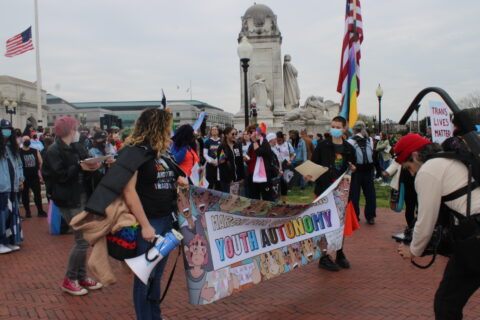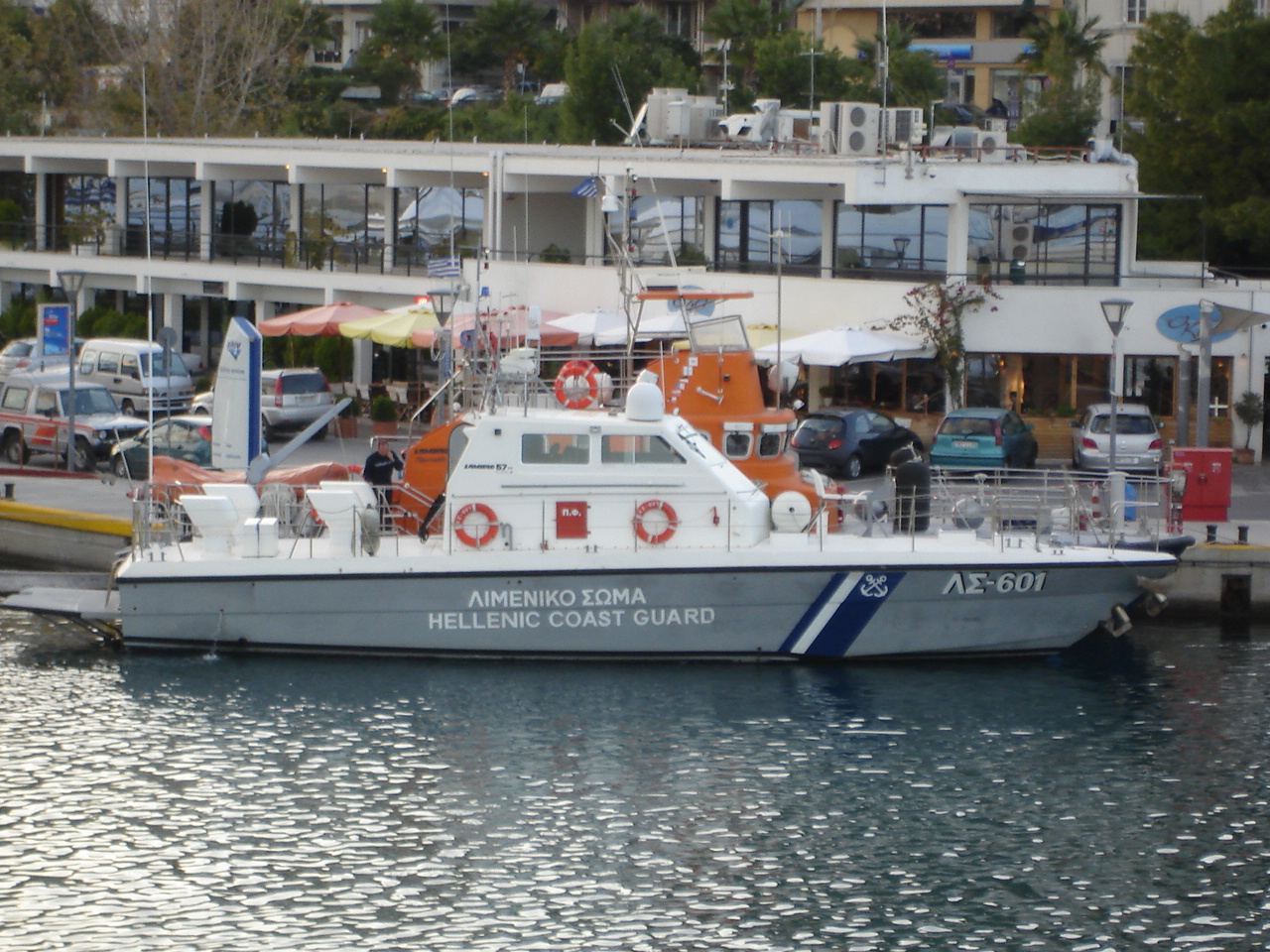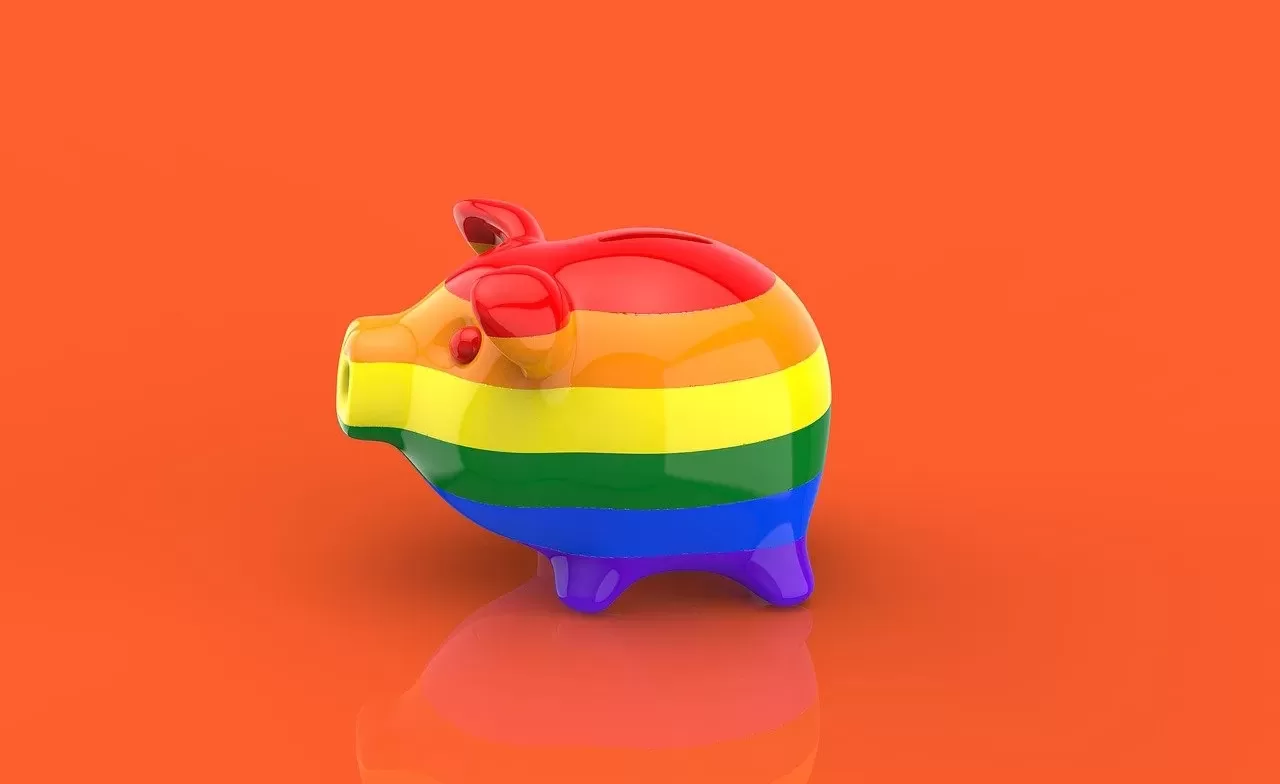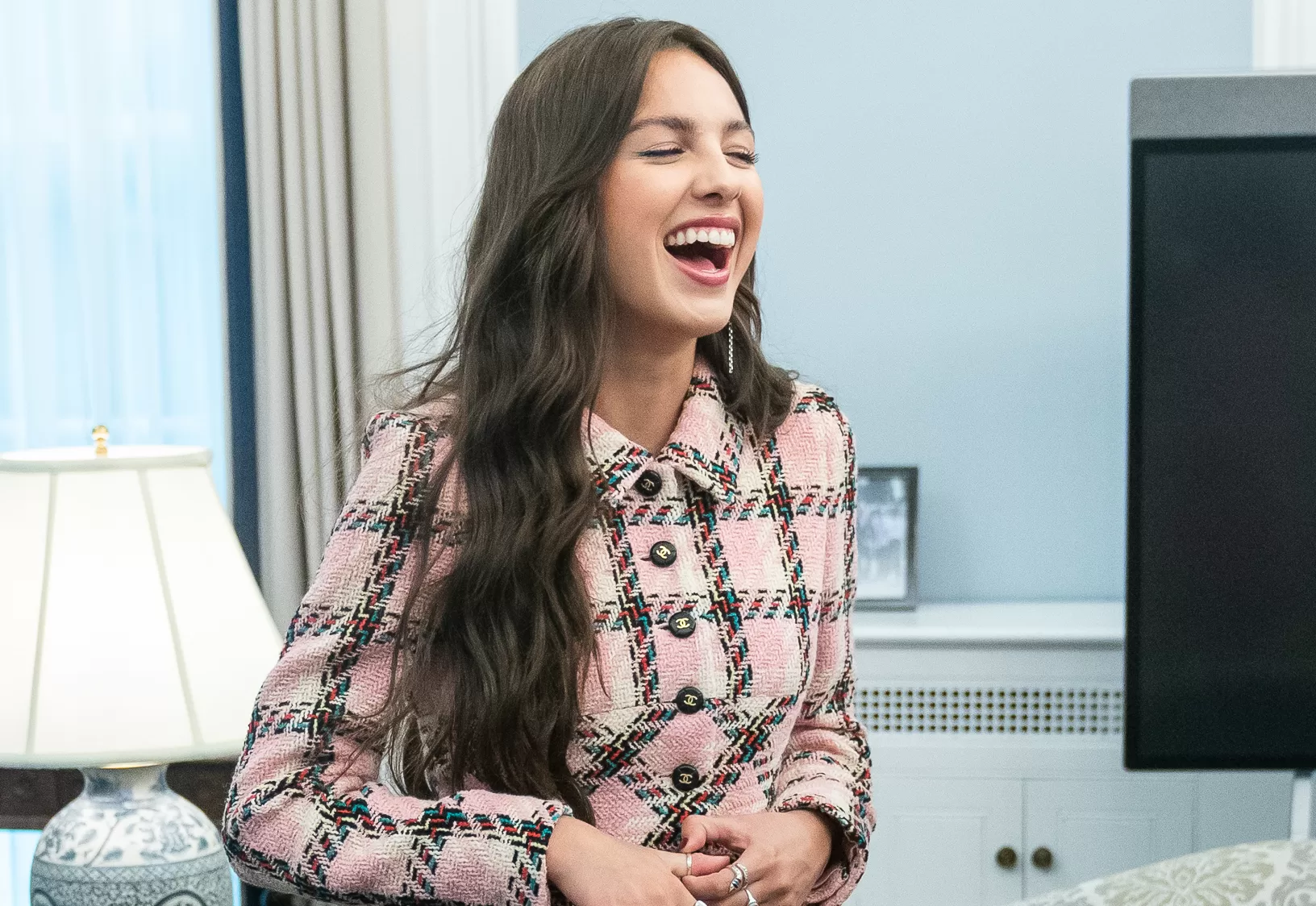This interview was originally published in March 2023.
Alia Cusolito (they/them) is an activist and co-president of Queer Youth Assemble.
this piece includes three sections:
i. quest: personal experiences with change & agency
ii. imagination: visualizations of a different, better world
iii. bridges: thoughts about change & the bridge from one reality to another
i. quest
In August 2021, a group of us who know each other from the MA GSA Leadership Council and general queer advocacy started an event in Cambridge MA called Let Trans Athletes Play. It has now become an annual event. The first year, we had around 100 attendees, and the mayor joined us. This past year, we also had Schuyler Bailer join us as a keynote speaker. At the first LTAP, Esmée and Cas (our founders) were talking and thinking about how great it would be to bring this kind of youth-led queer organizing to a national level. Within a few weeks, QYA was founded, and as I worked closely with Esmée and was one of the LTAP organizers, I became a leader in QYA as well!
The MA GSA Leadership Council has been one of the biggest sources of community for me. As I mentioned, I met Esmée through the group. I had been attending meetings since I was in 7th grade, and now I have been one of the students who leads the meetings since my freshman year of high school. When I was in 7th grade and attended my first meeting, which is a regional meeting of GSAs, I remember feeling an overwhelming sense of safety and understanding that I’d never felt before. I was surrounded by queer high schoolers and a few adults, and it was like seeing possibilities for who I could be which I hadn’t even considered before. My partner (who I’ve actually been dating since 7th grade!!) told me at the end of a regional GSA meeting that they might want to start using she/they pronouns. He now has a different name (shoutout to Spencer) and they/he pronouns. The feeling of being a part of queer community and hearing our own experiences said out loud in a way we’d never had words for before was life-changing.
Esmée is someone I consider both a mentor, a colleague, and a friend. They’ve been my closest partner in activism for the past few years, and they’ve modeled beautifully for me how to be strong and have hope. Although she’s dealt with a lot of difficult things, as have I, she encourages everyone around her to believe in the possibility of a better future, and I couldn’t be more proud to work with her on our projects like the National March we’re currently organizing. We always like to joke that they are the big ideas person who finds the vision and inspires all of us, while I then ask a million questions, keep track of every detail, and make sure we get things done.
Alok Vaid-Menon is also a big influence. They’re an artist who has traveled the world advocating for trans folks, and I had the honor to meet them and have a long conversation with them as part of the MA GSA Leadership Council. Their words are incredibly beautiful and I learn something about myself and the world each time I hear them speak. I constantly strive to have that kind of power with my language. One thing they speak about is the long history of trans people and of gender non-conformity, as well as the ways that living in Western society has shaped our view of gender. I really connect a lot to things they speak about, such as gender nonconformity, trauma, and joy, but as a white person living in the US, I’ve also been able to gain a lot of knowledge from their words, and I’m incredibly grateful for that. Another concept which they speak about is the idea of comprehension versus compassion. A lot of people seem to think that since they don’t understand trans people, that they shouldn’t fight for our safety. But Alok raises the idea that everyone should prioritize compassion and empathy and care first, and comprehension may or may not follow.
When I was 12, one of my best friends modeled how to speak up when she did so before the rest of us who were being affected by something really serious. I truly believe she showed me the courage to speak up in that situation, and that I wouldn’t have otherwise. She was also one of the first people I ever came out to, and was my first girlfriend. So much of my identity was shaped alongside her, in my journeys as a queer person and advocate. She has since died of suicide, which has shaped my experience in the world and everything I do is with the hope that she would be proud.
I think the way I see my identity is hugely connected to being an activist. I can’t see myself ever feeling happy and content in my life without actively fighting for a better world. Also, existing so loudly as a trans person feels inherently like an act of resistance to me.
ii. imagination
In terms of the near future, our current focus is especially on the National March for Queer and Trans Youth, which I’ve been putting a lot of time and energy into and I’m very excited about. I think it has the potential to have a big impact. My main hopes for the next few years are that the rhetoric around trans people and queer people, especially with all the legislative attacks on queer youth, will start to turn more towards what we need. There’s such a huge focus in the narrative about the “dangers” of queer people simply existing, while all of the dangers we face are dismissed. I want to see our voices and needs being prioritized in the conversations about us.
In an ideal world, we would have bodily autonomy for all people. Young people would not be treated as lesser-than, and would be listened to with as much attention and importance as adults. I think an idea that encompasses a lot of the things I could list off is that in a better world, we would embrace the beauty of change, instead of fearing it. (Except for climate change, of course.) What I mean by this is: many people become defensive and think evolution and growth are personal attacks, when really it’s the world around them shifting and not harming them. I think that so many lives would be safer and happier if everyone prioritized expecting change and being grateful when it happened.
One thing I try to do for myself is think about who I am and who I would be if I were free. This is a topic I’ve been thinking about a lot, but didn’t put into words in this way until I heard this from Howie Echo-Hawk on the Gender Reveal podcast. They’re a trans, nonbinary, native, autistic person, and they spoke about the importance of finding ways to be alone and in nature. It allows us to experience our bodies and brains in a way that is much less influenced by others’ perceptions of us. I think this especially resonated with me because as a kid I spent a lot of time running around outside and observing, even sitting down on the ground and taking notes about a caterpillar I found. I think I was most free when I was a child, even though I didn’t yet know I was queer, because I was lucky to grow up with a family where I was encouraged to play and experience nature. As I’ve recently allowed myself to try and rediscover that kind of joy, I’ve started to feel more free. This shows up in places such as starting to allow myself to fidget and stim in visible ways, instead of camouflaging behavior which feels natural to me. I also dress in ways which might seem odd to some people. I wear a lot of skirts, which I absolutely hated after a certain age in my childhood, because of the expectations that came along with being socialized as a girl. Now, since coming out as trans a few years ago, I’ve been able to express myself in ways that feel comfortable, whether that’s in a dress or in my baggy jeans and flannels. I am sometimes very aware that others automatically perceive me as a girl, partially because of the ways I dress, but I’ve been able to find freedom in completely ignoring their perceptions and focusing on cultivating my own joy.
Creating an alternate world for others is taking action and also modeling how to rest and focus on joy and care. Many people don’t take part in advocacy because they think they’re not educated enough, or qualified, or they’re too busy. This often puts the pressure on marginalized people who are forced by our circumstances to advocate for ourselves. I personally choose to be an activist–this is what I love to do–but I am also aware that in a better world I would be able to spend my weekends relaxing instead of organizing a national march with just a few co-conspirators helping. Instead, since so many people haven’t taken an active role in fighting for our collective liberation, the work has fallen on a group of very burnt-out people. So one aspect of this is taking personal responsibility and encouraging those around us to do the same. On another side, though, is the idea of rest and joy. If we model for those around us how we care for ourselves and our loved ones, they will often start to take on some of those behaviors themselves, and everyone will live in a more caring world. This could mean purposefully not being self-deprecating, or telling your friends you love them more often, or being open about when you need help. Modeling self-care can be a form of resistance against the oppressive capitalist society we live in.
iii. bridges
The publicity of activism in this political climate can definitely be exhausting. I have personally grown up in a family where I’m celebrated and supported by most of my family members, so I’m extremely grateful for that. I also haven’t dealt with any direct violence against me. However, when there was an eight-foot portrait of me up in Boston Common, someone slashed it across the neck of my photo. That was extremely scary, and especially shocking since my family only learned it happened from the Boston Globe article about it. It was an unsettling feeling to know just how much hatred someone could have for me and my queerness. The perspective I’ve taken, knowing how hateful some people are, is that if they don’t like me I must be doing something right. My goal is not to be palatable or cater to queerphobic people, my goal is to exist unapologetically and create a world where everyone is safe to do the same.
I’ve recently started to actively choose joy. And I don’t mean to suggest choosing to no longer be mentally ill, or traumatized, or completely exhausted from the world we live in. That’s not a choice I can make, and it’s the same for most people. What I’m referring to is when I have a choice to make in my life, I’m starting to try to really purposefully choose the path which I believe will bring the most joy. I’ve always been a perfectionist, so one way of me fighting back against that really big part of myself is focusing on what makes me happy rather than what feels like the most correct or acceptable choice at all times. One way that this showed up in my queer journey is how, for a while, I tried to find the exact language and labels which would pinpoint who I am and what I experience. I felt that this was necessary in order to explain myself to others. Now, I have found over time that I have no desire to explain myself. I love educating people, I love sharing knowledge, but justifying my existence or opening up every bit of who I am for the world to inspect is not something I feel should be necessary. I think that sometimes people put so much emphasis on understanding others, when sometimes all we need to do is empathize with them and advocate for the safety and liberation of all people. I hope for a future where everyone can exist freely, without it being required that we intellectualize and define every aspect of ourselves.
I’ve recently been reflecting on the idea accepting my anger and grief, because we’re told from a very young age that in order to heal we need to forgive, or in order to be the bigger person, we need to forgive. I have experienced traumatic things in my life, and I have witnessed the news every day in the world, and I often feel angry because of these things. That anger can be difficult to sit with, but I don’t believe that forgiveness is something that should ever be required of someone. My anger motivates me to make the world better for others and those who will come after us. I am angry at things which are not right, and to forgive would feel dishonest to my own morals.




